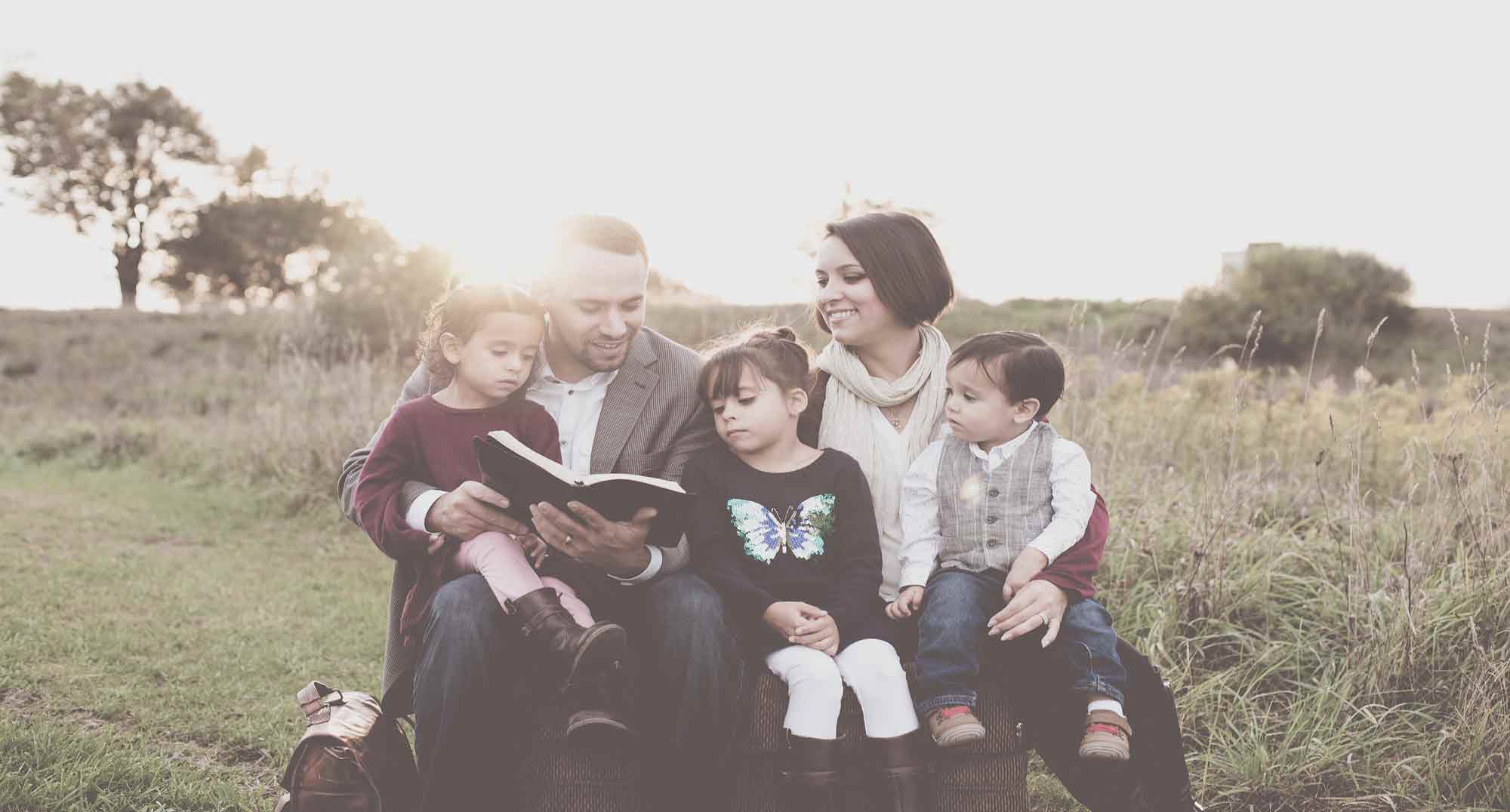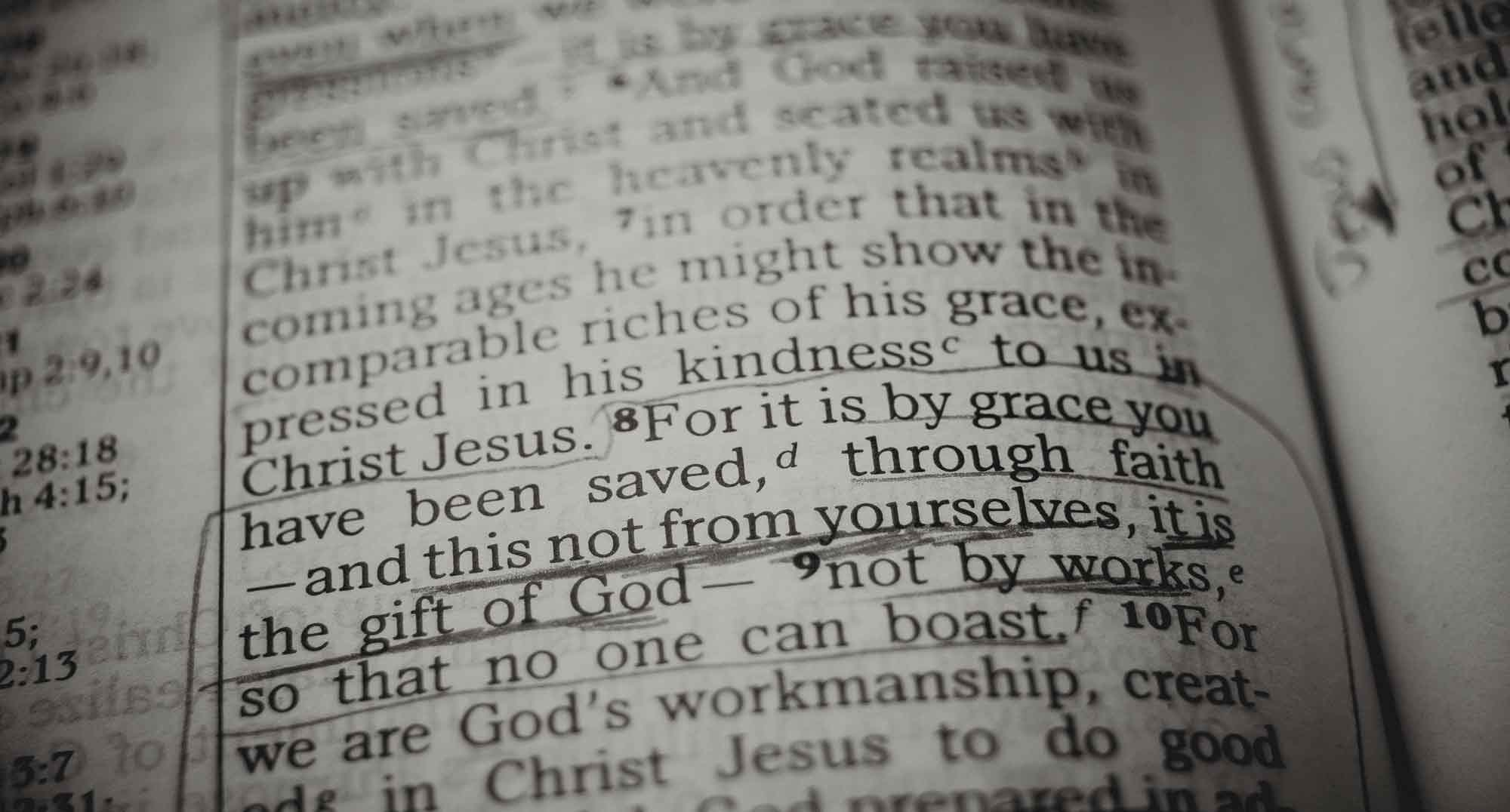Parenting as Our Father Parents Us
CHRISTINA FOX | EDITOR When my son was little, he was prone to wander. Those days, he lived more in his imagination than in real life. This often led him away from us when we were in a crowd. I remember during a visit to Disney World I urged and cautioned my son in the importance of staying beside us as we navigated the crowded park. Yet not long later, I watched as he meandered away from us. Rather than going after him, I kept an eye from a distance. I wanted him to realize what he had done. So I followed him, ensuring he was safe, but waited for him to stop and look for us. Eventually, he did realize he had gotten separated from us and I could see him searching the crowds, a look of worry stretched across his face. He spotted us and ran up to us in relief. I then reminded him of the rule of staying together. And he did so. At least for the rest of that trip. Prone to Wander So often as a mom I grow frustrated when I have to teach and reteach my children the same lessons. I find myself impatient with how easy they forget. After all, how many times does one have to get lost in a crowd before he learns his lesson? How many times does a lesson have to be taught before it sticks? In my own heart, far too many times.










